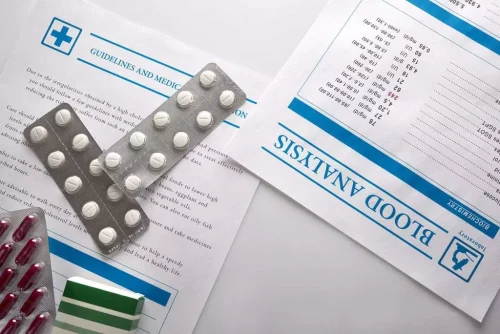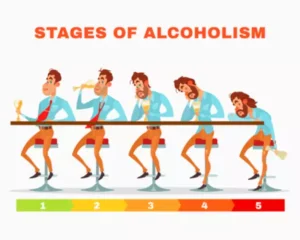
When it comes to knowing how much alcohol is dangerous for kidney health you first need to know how much is a drink. The right treatment option for kidney pain related to alcohol depends on the cause. A person is at risk of different complications depending on the underlying cause of the kidney pain. Sustaining a physical injury to the kidneys, such as by falling from a height, may also cause kidney pain. A person may feel intense back pain or pain in their genitals or stomach as the body attempts to pass the stone.
- Besides that, adopting a healthy lifestyle like staying hydrated, eating a balanced diet, and exercising regularly can help support overall kidney function.
- Heavy drinkers are more likely to develop high blood pressure than non-drinkers.
- Because alcohol is a central nervous system depressant, it may slow the rate of breathing as well as reduce the brain’s respiratory center’s sensitivity to carbon dioxide levels.
- Thus, current alcohol consumers can continue to enjoy light-to-moderate drinking and benefit from it.
What are the serious side effects of Symtuza?
Alcohol consumption also is known to induce a state of low blood sugar (i.e., hypoglycemia) and activate the portion of the nervous system that coordinates the body’s response to stress (i.e., the sympathetic nervous system). Both of these factors affect hormones that regulate kidney function, just as changes in fluid volume and electrolyte balance do. Several alcohol-related mechanisms can result in hypomagnesemia. Studies historically have shown that alcohol consumption markedly increases magnesium excretion in the urine and may affect magnesium levels in other ways as well. For example, when rats are given alcohol, they also require significant magnesium in their diets, suggesting that alcohol disrupts absorption of this nutrient from the gut.
What drinks are hardest on kidneys?
Treatment options such as dialysis or kidney transplantation may become necessary (20). There is a direct relationship between blood pressure and kidneys’ function. Drinking can lead to alcoholic dehydration even with just a few drinks. This has both short and long-term effects on the health of the kidneys. Binge drinking is typically having more than 4 to 5 drinks within 2 hours.

Side effects explained

Drinking excessively can cause your kidneys to decrease their ability to filter your blood. Alcohol produces many damaging short and long-term effects on your brain. The short-term effects include memory impairment, loss of cognitive abilities and blurred vision. Particularly, how does alcohol affect the kidneys alcohol can have adverse effects on your mental health and state-of-well being. In fact, the National Alliance on Mental Illness states that approximately one-third of people struggling with alcohol abuse also suffer from mental illness (called co-occurring disorder).
Can kidneys recover from alcohol damage?

Alcohol-induced kidney damage can raise concerns about the potential for recovery. According to leading medical sources, the kidneys can regenerate and repair, particularly when alcohol-induced damage is identified and mitigated early. Rather, it is an umbrella term not specifically defined and refers to kidney diseases caused by alcohol use. Alcoholic kidney disease often refers to any kidney disease caused by heavy alcohol use.
- Check with your doctor, especially if you take medications that might be affected by using alcohol.
- The glomeruli are sensitive to fluctuations of systemic blood pressure (BP), and the RAS is the most important BP control system in the kidneys.
- Regular heavy drinking has been found to double the risk chronic kidney disease, which does not go away over time.
- In order to maintain a healthy lifestyle, it’s recommended that men have no more than two drinks per day, and that women have no more than one drink per day.
- For example, the prognosis of light-to-moderate drinkers differs from that of heavy drinkers.
Annual Day of Tribute 2X MATCH


